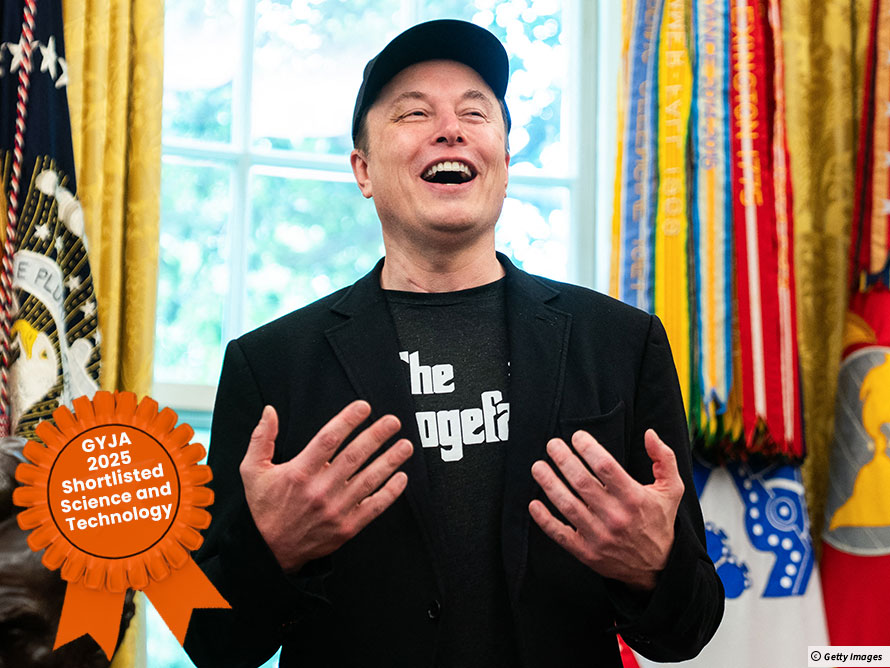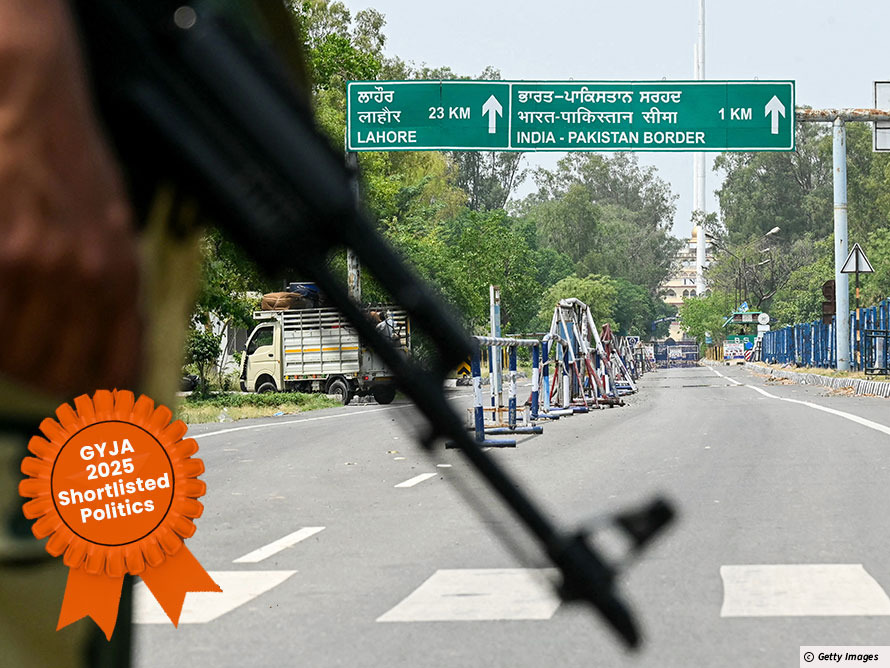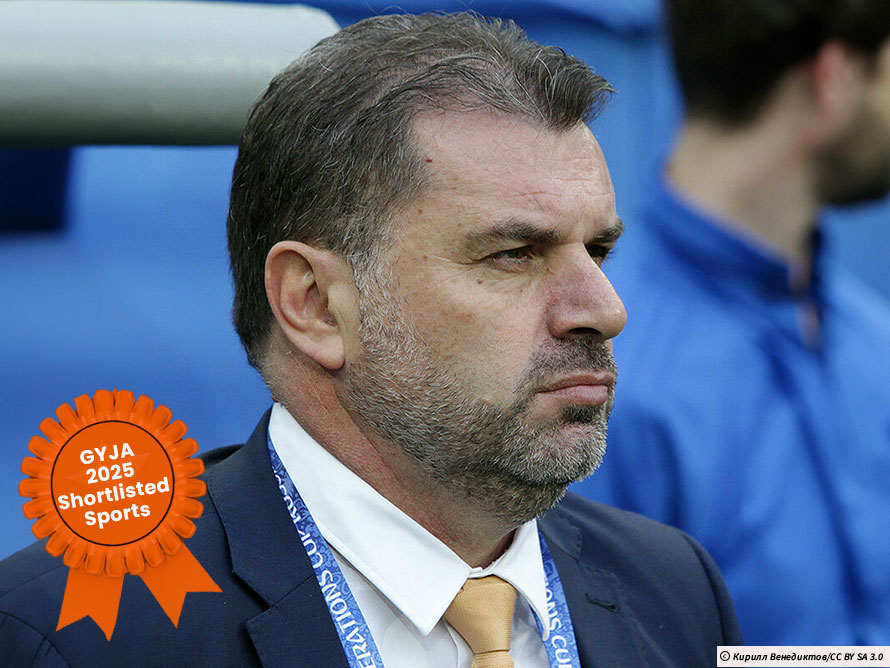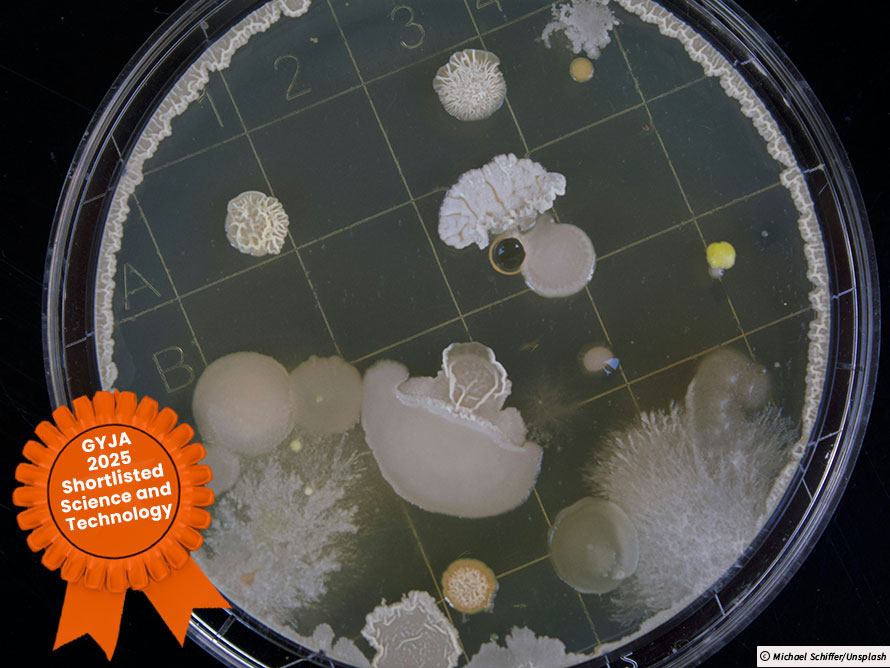Young medics in Britain are at higher risk of burnout today than during the Covid-19 pandemic. Kalyani, 14, from Nower Hill High School, argues that it is time to stop treating doctors like superheroes.
30 June 2019: After working with a fever for six days straight, a 32-year-old Chinese ophthalmologist suddenly drops dead.1 Hui Wang’s death triggered an outpouring of grief online, but it also shone a light on a global epidemicA widespread disease or infection..
Physician burnout is a state of physical and mental exhaustion caused by prolonged stress in the medical profession. In the UK, surveys find that four in every five doctors are at high or very high risk of burnout.2
Burnout is bad news for doctors. Excessive working hours deprive them of energy. They spend less time with their families and friends. Their mental health begins to slide, compounded by frequent exposure to suffering. US data shows that the suicide rate for male doctors is 40% higher than the general population. For female doctors, this rises to a shocking 130%.3
But burnout is also bad news for patients. Tired, stressed people do not make good doctors. Repeated trauma can leave them disconnected from those they are caring for. Physician burnout also leads to doctors retiring early or switching careers. This puts the people left behind, and their patients, in even more danger.
We treat doctors like strings. We pile pressure on them, and then expect them to bounce back with the same energy. Studies show that students entering medical school have a higher incidence of wellness, optimism and resilienceThe quality of toughness and flexibility that enables you to bounce back after setbacks. than students entering other graduate degrees, yet by the time they graduate their wellness, optimism and resilience is worse than that of any other field.
It is time to act now. We are ignoring the humanity of those who work for others. Physicians are being silently suffocated.
I want to pursue a career in medicine — but these horrifying impacts scare me. I believe we are in a downward spiral. If nothing is done to stop this, the number of people applying to medical school will decrease, decreasing the number of physicians in hospitals, increasing suffering.
So, how do we solve this problem? Firstly, I believe we need to make sure it is one of the first things a student learns about in medical school. Trainees should be given practical advice on their own mental health. I also think that creating a space in hospitals where doctors can share their feelings with a mental health specialist could be of great help.
But we also need to get to the root of the problem: the toxic side of medical culture. Those who are discouraged from asking for help start associating needing help as a sign of weakness. Doctors are trained to never give up, to always try harder and to give 100% to their patient. This expectation can feel like a burden for the doctors to carry on their shoulders when they don’t have a lot to give.
We need to give physicians the chance to rest and reset. Just because they did a medical degree and are working as a physician in a hospital doesn’t make them a superhero. After all, they are still human, just like us!
Why can’t we care for those who care for others?
Keywords
Epidemic – A widespread disease or infection.
Resilience – The quality of toughness and flexibility that enables you to bounce back after setbacks.
- As reported in medical journal The Lancet. Junior doctors are most at risk.
- According to a 2019 British Medical Association survey.
- Data from the US National Library of Medicine, an official US government website.
Cite
While every effort has been made to follow citation style rules, there may be some discrepancies. Please refer to the appropriate style manual or other sources if you have any questions.














